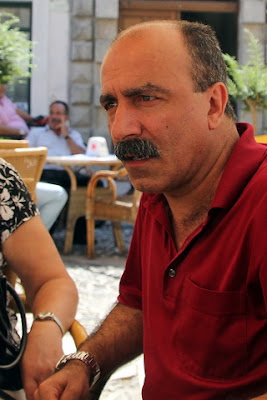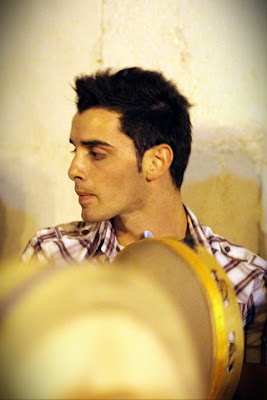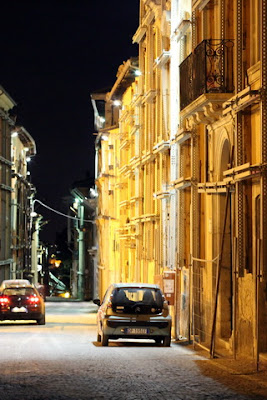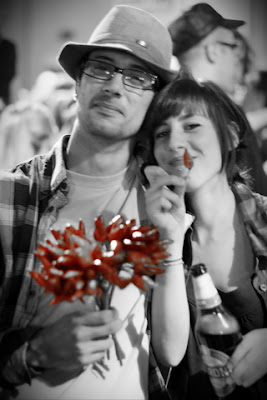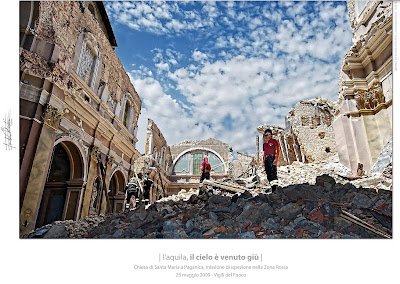We left Gerace through its narrow streets; pay attention to your side mirrors! In one word, our descent to Lidia and Pasquale’s house was “spirited”. I sped past a sign, but not fast enough for dad not to notice that it paid homage to a motorcyclist who met his demise on these very curves. He probably wouldn’t have noticed the sign were it not for the fact that the dead motorcyclist (new word! Morto-cyclist – a dead Italian motorcyclist) shared my mother’s maiden name. What followed was an extended lecture on how I’m not invincible, how risks eventually catch up with everyone, why I should get rid of my motorcycle, how I should watch the way I drive; on and on the lecture went. Predictably, this only gave me a reason to drive faster so I could get to Lidia’s and end the verbal assault.
My parents know that these lectures are pointless; they see the smile on my face after I return from a track day on the motorcycle. For me, a day at the track is more enjoyable than a week on the beach; seriously, it’s even better than Christmas. When I go to the track baby Jesus cries because he knows that he’s loves by one person less.
We arrived at Lidia’s house and the lecture promptly ended; a lecture that was started by a dead guy that I never even knew.
 |
| Johnny smiles, baby Jesus cries |
 |
| Smiling undeneath my helmet |

